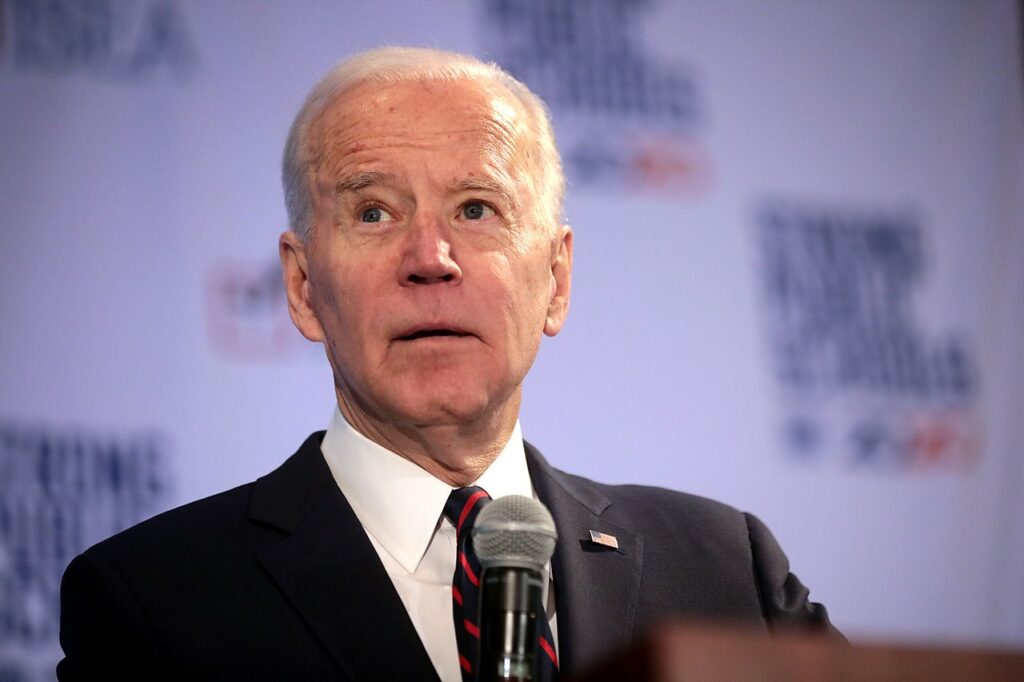
(Scypre.com) – Former President Joe Biden has been diagnosed with an aggressive form of prostate cancer, his office announced earlier this week. The diagnosis followed medical evaluations prompted by urinary symptoms and the discovery of a prostate nodule. Subsequent tests confirmed a Gleason score of 9, indicating a high-grade cancer that has metastasized to the bone.
Despite the seriousness of the diagnosis, Biden’s medical team has noted that the cancer is hormone-sensitive, which allows for effective management through hormone therapy. Dr. Ben Davies, a urologic oncologist at the University of Pittsburgh School of Medicine, commented on the situation, stating that while the cancer is severe, treatment options such as hormone therapy, chemotherapy, and radiation can significantly extend life expectancy.
Biden, 82, made his first public appearance since the announcement by attending his grandson Robert Hunter Biden II’s high school graduation at Salisbury School in Connecticut. Accompanied by his daughter Ashley and former First Lady Jill Biden, he appeared in good spirits and expressed gratitude for the public’s support.
The diagnosis has sparked discussions about prostate cancer screening guidelines, particularly for men over 70. Biden’s last known prostate cancer test was over a decade ago, raising questions about current screening recommendations. The U.S. Preventive Services Task Force advises against routine prostate-specific antigen (PSA) screening for men over 70, but some experts are now advocating for more individualized screening decisions based on patient health and risk factors.
Political figures across the spectrum have responded to the news. Former President Donald Trump extended his well wishes, stating, “I wish Joe Biden a fast and successful recovery.” Meanwhile, some commentators have expressed skepticism about the timing of the announcement and called for greater transparency regarding Biden’s health during his presidency.
As Biden consults with his medical team to determine the best course of treatment, the nation watches closely, reflecting on the broader implications for public health awareness and the importance of regular medical screenings.